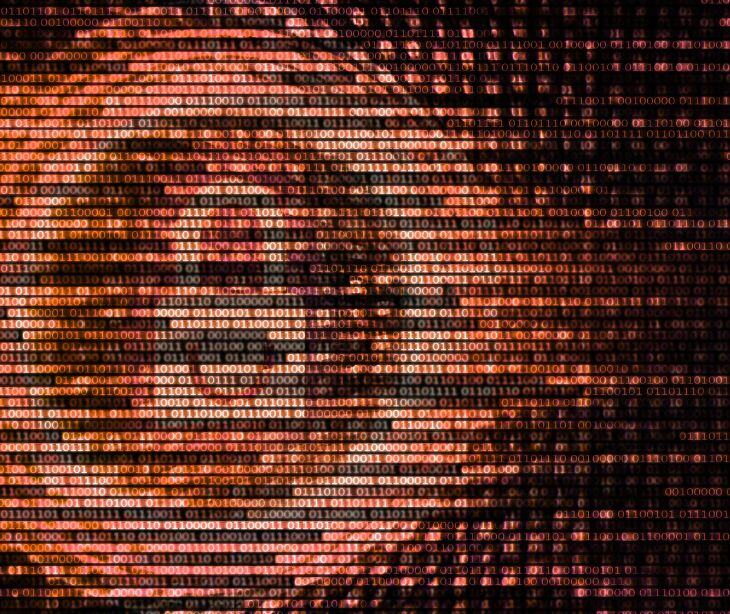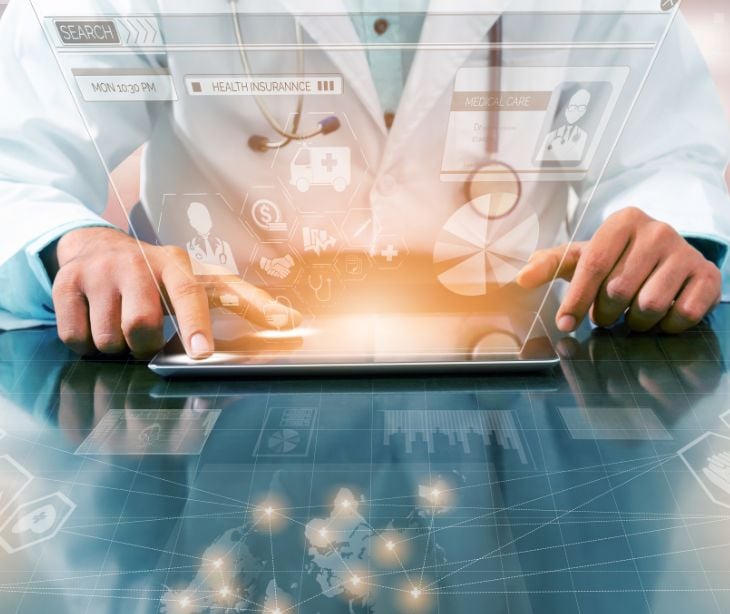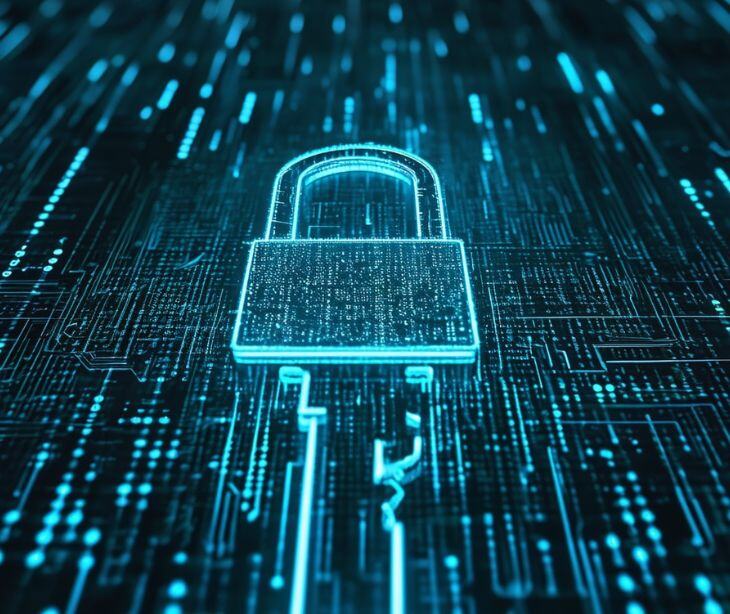
Healthcare organizations have become a goldmine for malicious actors who seek to exploit vulnerabilities and reap substantial financial rewards. By holding sensitive medical information and providing critical healthcare support, these organizations are a prime target for cyberattacks.
The value of patient data
The healthcare industry's vast amounts of patient data are a prime attraction for cybercriminals. Confidential medical records, insurance details, and personal information hold immense value on the black market, making healthcare organizations a lucrative target. With the implementation of stringent data protection regulations like HIPAA, the financial penalties for data breaches have become increasingly severe, putting even greater pressure on healthcare providers to safeguard their systems.
The rise of connected medical devices
The proliferation of connected medical devices, from X-rays and insulin pumps to defibrillators, has opened up a large attack surface for cybercriminals. These devices, designed primarily to enhance patient care, often lack security measures, making them easy entry points for criminals. Hackers can use these vulnerabilities to access to the broader healthcare network, potentially disrupting medical services or manipulating device functionality to cause harm to patients.
The challenges of remote access
The healthcare industry's reliance on remote access and collaborative working practices has exacerbated cybersecurity challenges. With medical professionals often working from diverse locations and devices, the risk of compromised credentials and unauthorized access to sensitive data increases exponentially. Securing these remote access points and ensuring the integrity of the entire network is a constant battle for healthcare IT teams.
Overburdened and undereducated staff
Healthcare professionals, often busy with patient care, frequently lack the time and resources to stay up-to-date on the latest cybersecurity best practices. This knowledge gap leaves them vulnerable to social engineering tactics and makes it challenging for organizations to implement security measures without disrupting the flow of daily operations.
The burden of outdated technology
Many healthcare organizations struggle with the financial and operational challenges of maintaining and upgrading their technological infrastructure. Outdated systems and software, no longer supported by vendors, become easy targets for cyber attacks, leaving patient data and medical services at the mercy of determined hackers.
The need for seamless security solutions
In response to escalating threats, healthcare organizations are investing in cybersecurity measures, but the challenges is finding solutions that integrate with the unique workflows and requirements of the healthcare industry. Solutions like multi-factor authentication (MFA) and risk-based authentication (RBA) have emerged as promising options, offering enhanced security without disrupting the day-to-day operations of medical professionals.
Securing the entire ecosystem
Safeguarding the healthcare industry against cyber threats requires a multi-layered approach that addresses the unique challenges faced by this sector. From implementing access controls and device management strategies to fostering a culture of cybersecurity awareness among healthcare staff, organizations must take a holistic view to fortify their defenses against the relentless onslaught of cyber attacks.
Embracing a proactive cybersecurity mindset
Healthcare leaders should allocate sufficient resources and empower their IT teams to prioritize cybersecurity. Continuous risk assessments, threat intelligence gathering, and the adoption of cutting-edge security technologies will ultimately benefit patients.
Regulatory compliance and accountability
Regulatory frameworks like HIPAA, have emphasized data privacy and security in the healthcare industry. Compliance with these regulations not only helps mitigate the risk of hefty fines but also indicates the need for healthcare organizations to take their cybersecurity responsibilities seriously.
The role of emerging technologies
As the healthcare industry continues to embrace digital transformation, adopting emerging technologies like artificial intelligence, machine learning, and blockchain, can enhance cybersecurity. These innovative solutions can help healthcare organizations detect and respond to threats more effectively, automate security processes, and ensure the integrity of sensitive data across the entire ecosystem.
In the news
A Russia-linked criminal syndicate, known as the Blacksuit group infiltrated Monroe County, Indiana's computer systems, effectively shutting down all government offices and local courts for an entire week. The breach crippled the county's operations, rendering computers and systems unusable across all government offices and local courts. County officials were left trying to restore normalcy, as they grappled with the extent of the damage and the potential exposure of sensitive data.
This incident shows the growing threat of state-sponsored cybercrime targeting vulnerable public institutions. As government agencies and public entities become more reliant on technology, they are increasingly attractive targets for sophisticated cybercriminal groups.
See more: Cybercrimes syndicate with Russian ties paralyzes Indiana County
FAQs
What are cyberattacks and how do they relate to healthcare security?
Cyberattacks are malicious attempts to breach or disrupt information systems, networks, or devices. In healthcare, cyberattacks can compromise patient data, disrupt critical medical services, and lead to unauthorized access to protected health information (PHI).
How do cyberattacks relate to HIPAA compliance?
Cyberattacks are concerning for healthcare organizations because they can result in data breaches, unauthorized access to PHI, and operational disruptions. These outcomes can lead to HIPAA violations, financial penalties, and severe reputational damage for failing to protect patient information.
What are the potential risks associated with cyberattacks under HIPAA?
Potential risks of cyberattacks include:
- Data breaches: Unauthorized access to and theft of patient records and sensitive medical data.
- Service disruption: Interruptions in healthcare services, impacting patient care and access to medical systems.
- Data corruption: Alteration or deletion of critical healthcare information.
- Financial losses: Costs associated with breach remediation, legal penalties, and potential restitution for affected patients.
- Loss of trust: Damage to the organization’s reputation, leading to a loss of patient and stakeholder trust.
How can healthcare facilities prevent and mitigate cyberattacks to maintain HIPAA compliance?
Healthcare facilities can prevent and mitigate cyberattacks by implementing cybersecurity measures, including:
- Network security: Using firewalls, intrusion detection/prevention systems (IDS/IPS), and secure network architecture to protect against unauthorized access.
- Regular updates: Ensuring all systems, software, and devices are up-to-date with the latest security patches.
- Access controls: Implementing strong authentication methods, such as biometrics and multi-factor authentication (MFA), to secure access to sensitive information.
- Encryption: Encrypting PHI at rest and in transit to protect data from unauthorized access.
- User training: Educating staff on recognizing and avoiding phishing attacks, social engineering, and other common cyber threats.
- Incident response plan: Establishing and regularly updating an incident response plan to address and mitigate the impact of cyberattacks.
Subscribe to Paubox Weekly
Every Friday we'll bring you the most important news from Paubox. Our aim is to make you smarter, faster.



